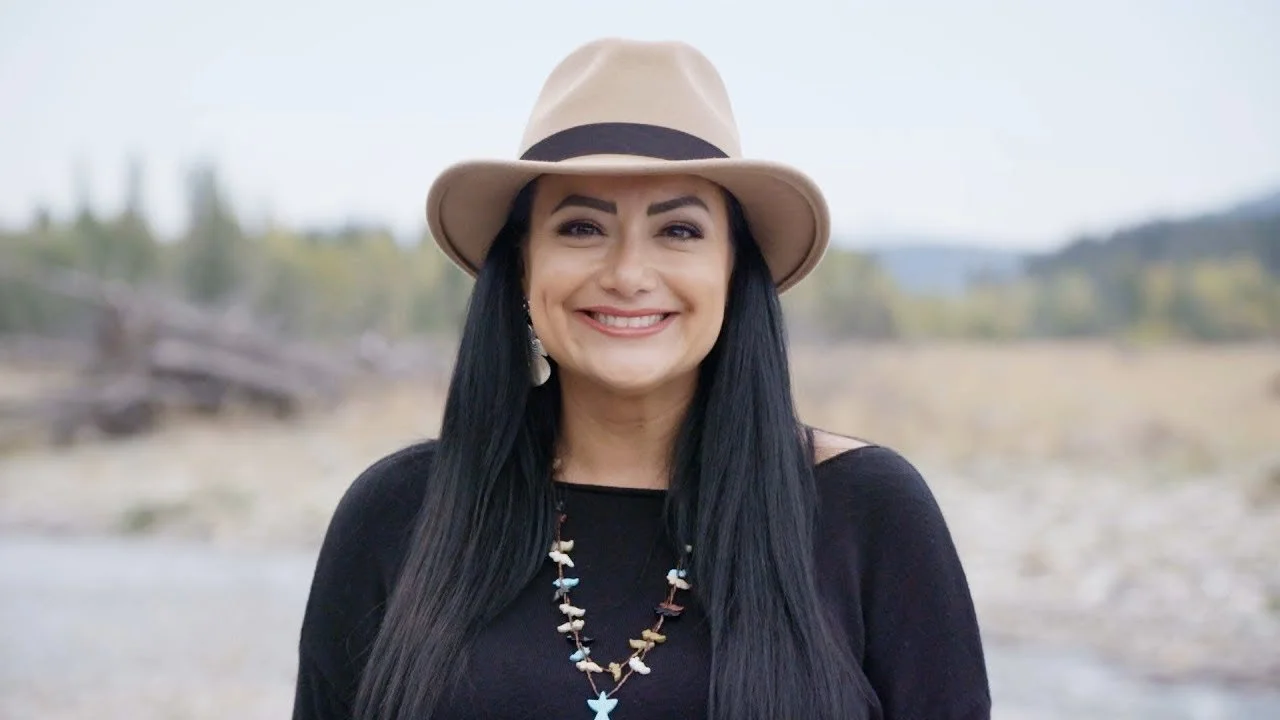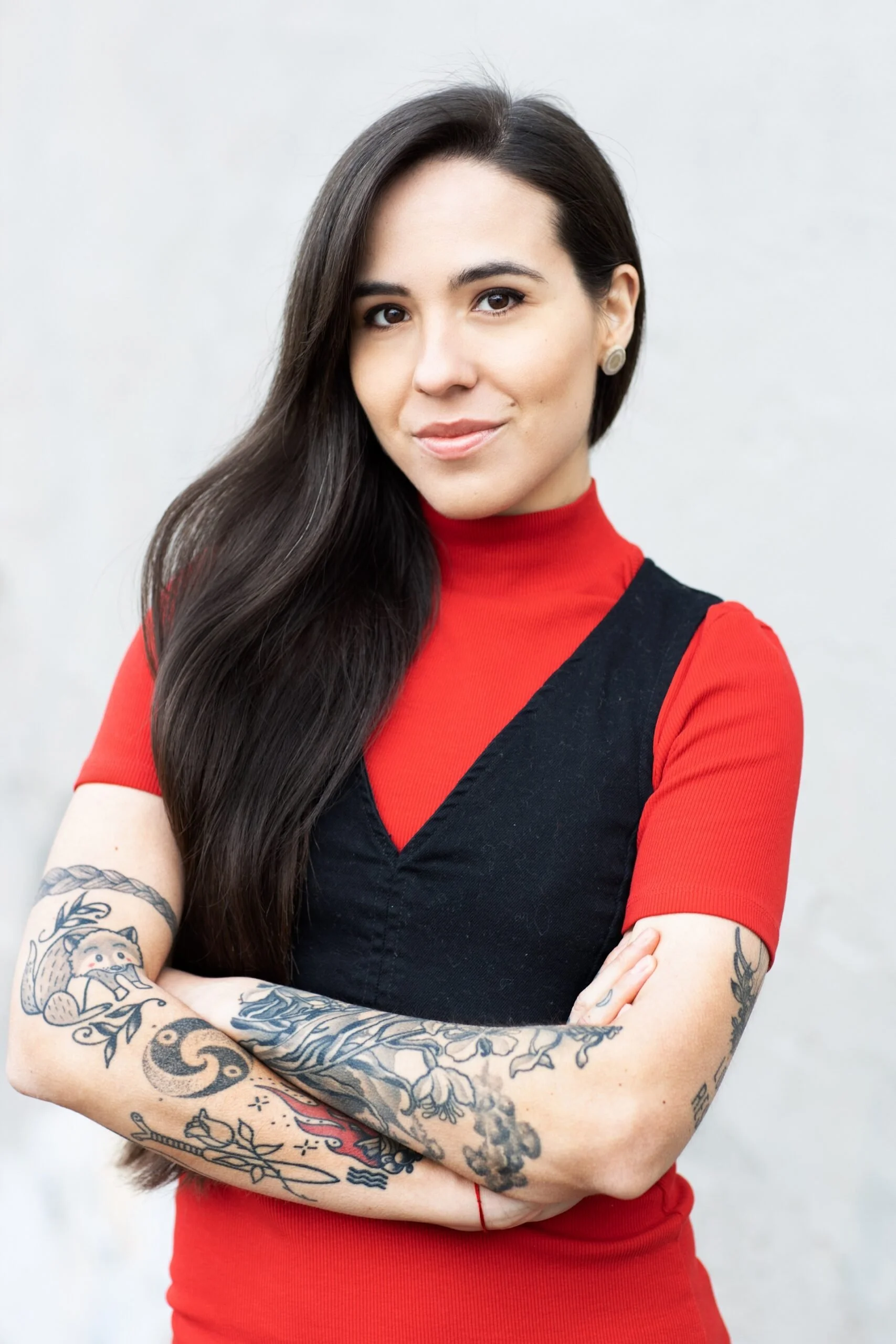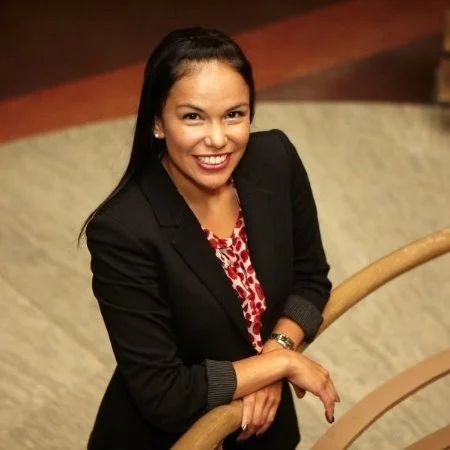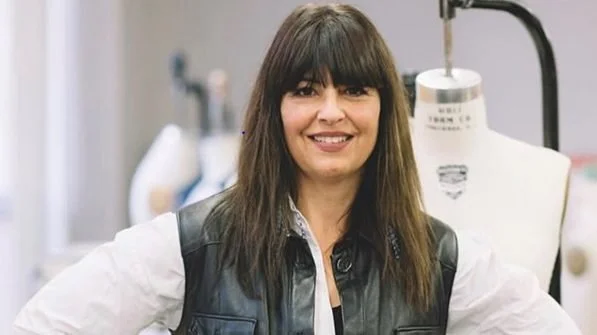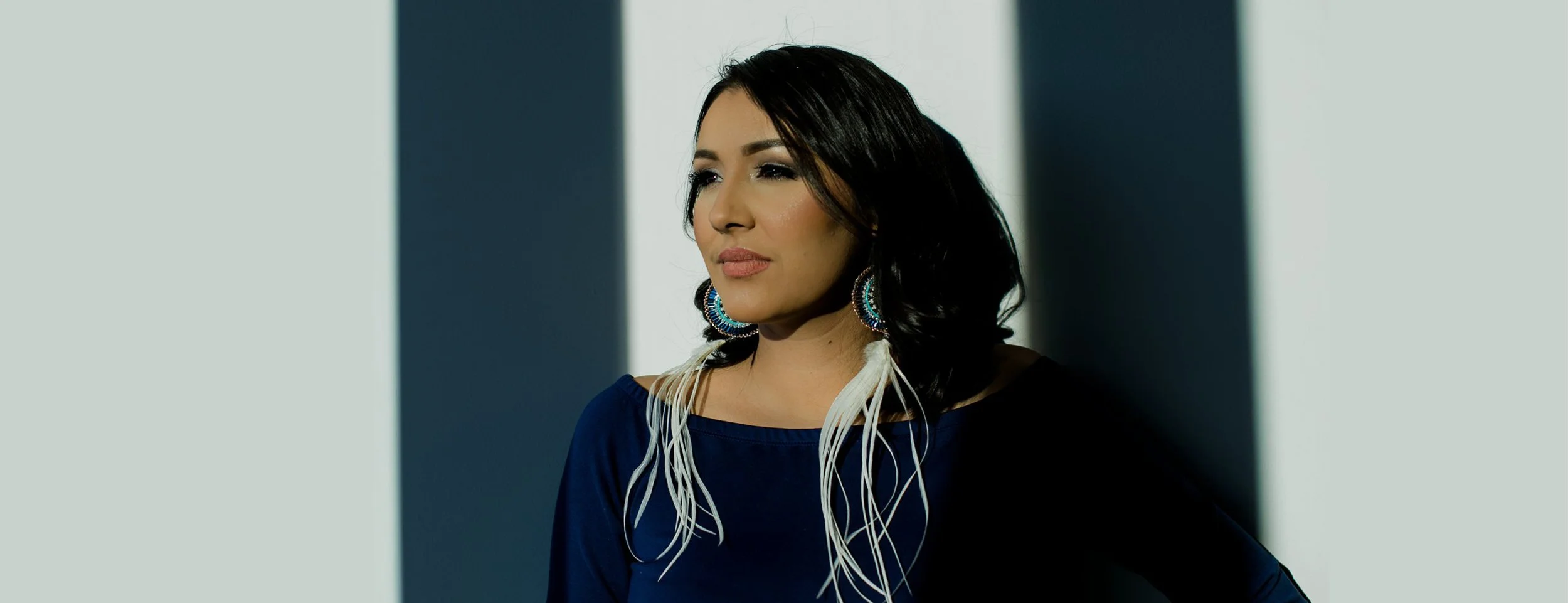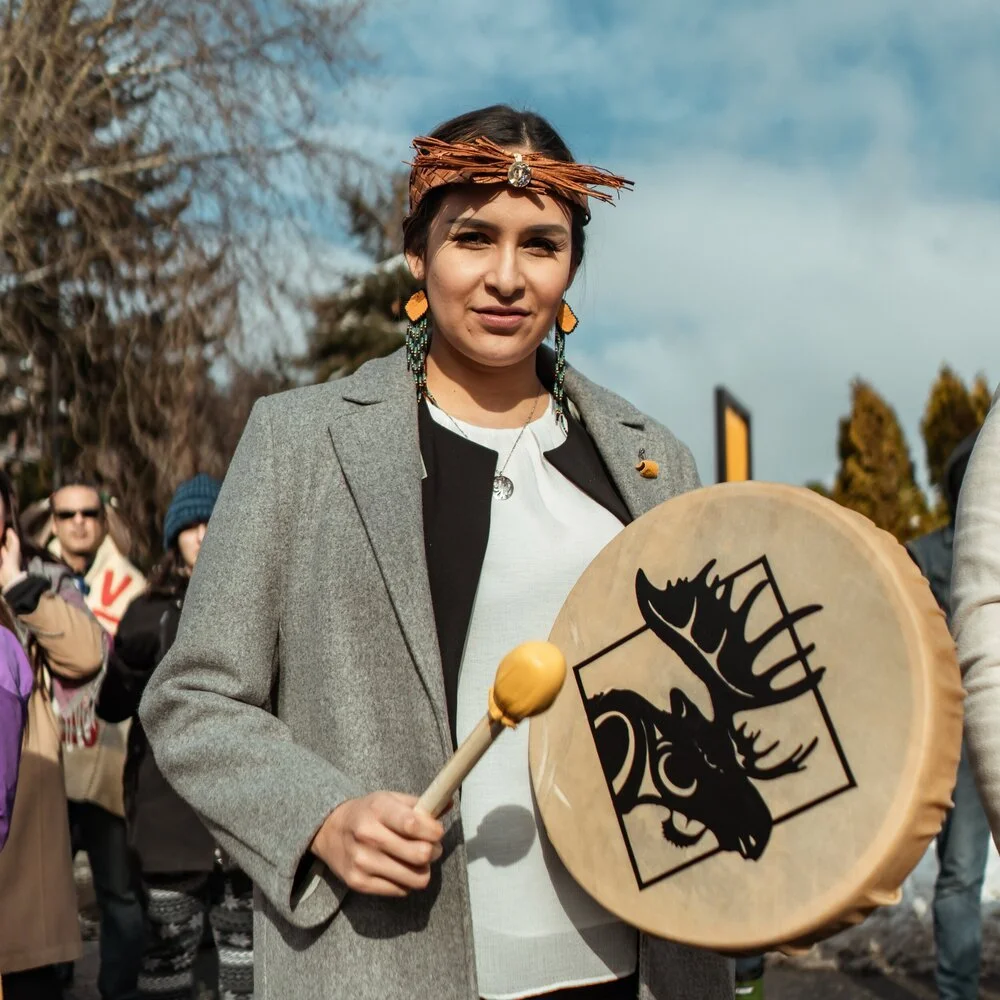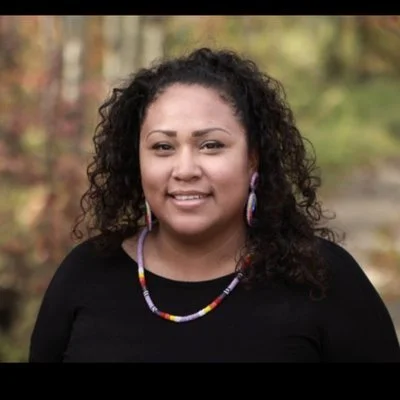7 Indigenous Entrepreneurs Making A Difference
Indigenous entrepreneurship is a powerful tool for asserting our sovereignty, preserving our cultural heritage, and building stronger, more self-sufficient communities. For far too long, Indigenous peoples have been excluded from the mainstream economy, denied access to resources and opportunities, and forced to rely on outside sources for our economic survival. But as more and more Indigenous entrepreneurs take the reins and forge their own paths, we are proving that we have the talent, creativity, and resilience to succeed on our own terms.
Indigenous entrepreneurship is not just about making money. It's about creating meaningful, sustainable businesses that reflect our values, priorities, and community needs. It's about creating opportunities for our people to thrive and take control of our economic destinies. It's about reclaiming our economic power and asserting our sovereignty in the face of centuries of colonization and oppression.
One of the key benefits of Indigenous entrepreneurship is that it allows us to preserve and celebrate our cultural heritage. Many Indigenous entrepreneurs draw on traditional knowledge and practices to create unique, culturally specific products and services. Whether it's a clothing line that incorporates traditional designs and materials or a grassroots organization aimed at ending violence towards Indigenous women , these businesses help to keep our traditions alive and provide a platform for sharing them with the wider world.
Here are seven Indigenous entrepreneurs who are making a difference in our communities. Be sure to follow and support their work.
Nicole Robertson
Robertson is a Cree entrepreneur who founded Muskwa Productions & Consulting in 2001. Her company specializes in communication advisory services that include media and public relations, media training, social media, event and video production. Muskwa Productions assists Indigenous peoples in their communication strategies and needs to create accurate representations of their news and events in educating and informing mainstream media, Canadians and the world in sharing their stories.
T’áncháy Redvers
T’áncháy Redvers is a Dene and Métis two-spirit advocate, writer, creator, facilitator, and multidisciplinary performer belonging to Deninu K’ue First Nation in Treaty 8 territory. They are the co-founder of We Matter, a nonprofit organization that provides support and resources for Indigenous youth who are struggling with mental health and other issues. We Matter aims to empower Indigenous youth and promote resilience and wellness. T’áncháy is also published poet, children’s book author, and screenwriter, as well as featured in numerous creative, anthology, and academic publications. They have story-edited and written for shows airing on Netflix, Crave, Apple TV+, and PBS Kids.
Lisa Charleyboy
Charleyboy is a Tsalagi entrepreneur and the founder of Urban Native Magazine, which showcases the stories and perspectives of Indigenous people living in urban environments. She is also the author of the book "Indigenous Writes: A Guide to First Nations, Métis, and Inuit Issues in Canada." She makes frequent appearances on radio and television, promoting her magazine and giving her opinion on current Aboriginal issues in Canada. Charleyboy has written about cultural appropriation, popular culture, and politics, and has been named one of Toronto’s Top Bloggers and one of Canada’s Top Ten Fashion Bloggers. In 2013, she was named by Huffington Post as one of three Aboriginal millennials to watch.
Angela DeMontigny
Angela DeMontigny is a Métis entrepreneur and fashion designer who founded her eponymous clothing line, Angela DeMontigny, in 1995. Her designs incorporate traditional Indigenous beadwork and other motifs, and aim to celebrate and promote Indigenous culture and art. DeMontigny has exhibited her collections internationally, including at the 2017 South African fashion week and London Fashion Week 2018. She was appointed the designer-in-residence at the Ryerson School of Fashion. She also speaks about and advocates for Indigenous designers and models, producing shows of Aboriginal fashion and serving on the World Indigenous Fashion Council as the Head for North America.
Devon Fiddler
Devon Fiddler is a Cree entrepreneur and the founder of SheNative, a company that produces high-quality leather bags and accessories that are designed and made by Indigenous women. SheNative prioritizes ethical and sustainable production practices and aims to create economic opportunities for Indigenous women. Devon also is a speaker, influencer, thought leader, and program developer in entrepreneurship, leadership and skills development. Devon was among 20 entrepreneurs who represented Canada at the G20 Young Entrepreneur Alliance (YEA) Summit in Istanbul, Turkey in September 2015, received the 2015 Start-up Canada Young Entrepreneur of the year award and the Sustainable Business of the Year for the Prairie Region.
Raven Lacerte
Raven Lacerte is a proud member of the Lake Babine First Nation and belongs to the Grizzly Bear Clan. She is a co-founder and ambassador for the Moose Hide Campaign and also leads outreach to Indigenous communities.
She is a hunter and a practitioner of traditional Indigenous cultural and ceremonial activities. Raven is also a proud mother of daughters Cedar Sus and Chas Yaz, and partner of Dominic Paul.
Melrene EagleSpeaker
Melrene EagleSpeaker is a Blackfoot woman from the Blood Tribe in Southern Alberta. Melrene is a proud mother of two, and resides in Calgary, Alberta. She designs and creates all of the pieces for Native Diva Creations. Native Diva Creations Make First nations Culturally Appropriate jewelry and accessories. Each piece is created with a modern flair bringing together the traditions of pow-wow beadwork and urban street.
In conclusion, Indigenous entrepreneurship is a way of asserting our sovereignty, preserving our culture, and creating a better future for our people. By supporting Indigenous-owned businesses, we can build stronger, more self-sufficient communities, and ensure that our voices are heard in the larger economy.


